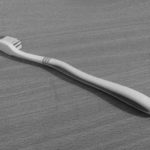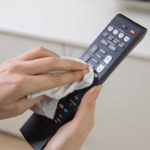Used plastic containers
When cleaning your house, discard hard transparent containers marked with the number 7 or the letters “PC” (short for polycarbonate). These containers may contain BPA, which can cause cancer. You should also throw away containers that are deformed or cracked. Additionally, do not use any plastic containers in the microwave as toxins from the plastic can leach into the food. Glass jars and bottles are a safer alternative.
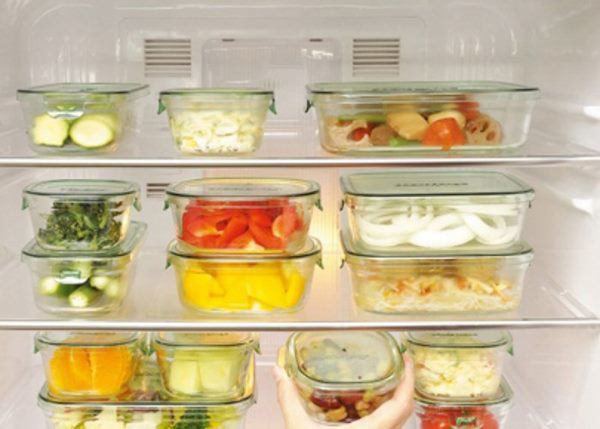
Worn-out sneakers
Worn-out sneakers reduce the ability to absorb the impact force generated from each step, causing more stress on muscles, bones, and tendons, increasing the risk of injury. If you don’t regularly run, experts recommend replacing your sneakers every 6 months or whenever you notice they are worn out.
Air freshener spray
Some companies claim to gradually reduce phthalates (chemicals that help the scent last longer) in fragrant products. However, many room deodorizers (solid, spray, plug-ins) still contain phthalates. Inhaling large amounts of this substance can lead to infertility and intellectual developmental delays.
Worn toothbrush
Toothbrush bristles start to wear out after about 2 months of use. Therefore, users should replace their toothbrushes at least every 3 months. Additionally, worn toothbrushes reduce the effectiveness of cleaning teeth and preventing tooth decay.
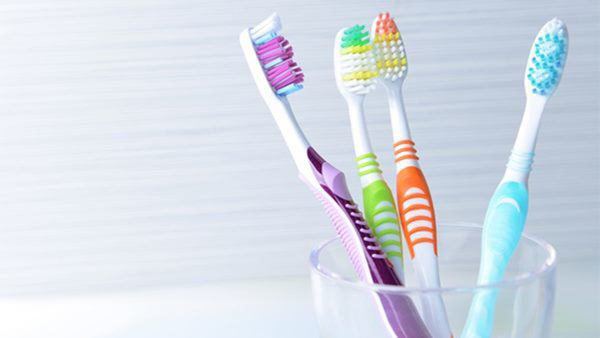
Leftover food in the refrigerator
For perishable food containing animal ingredients, it is best to refrigerate them for no more than 3 days or consume them immediately. This is especially important for bacteria such as listeria, which can cause meningitis, miscarriage, or even death. These bacteria can multiply to millions when left in the refrigerator for 3 weeks.
Unworn clothes
Take a look at your wardrobe and see which items you haven’t touched in years. Seeing these items every day can cause stress.
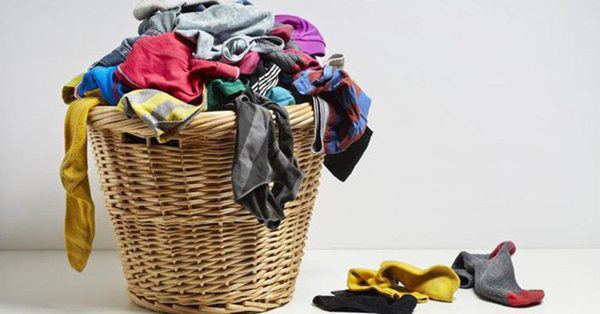
Dirty contact lens case
Dirty contact lens cases are a major cause of eye infections. Experts recommend replacing your contact lens case at least every 3 months. Additionally, clean, air-dry, and sanitize the case daily.
Expired spices
Spices that have been hanging in your cupboard for years may not make you sick, but they will no longer enhance the flavor of your food. Remove expired spices to ensure healthy cooking without excessive calories or fats.
Moldy air filter
People with allergies or asthma are at a higher risk due to dust, mold, and bacteria in the air. A good long-term air filter system will help minimize these risks. Remember to replace the filters regularly, as failing to do so allows mold and bacteria to thrive and reintroduce pollutants into the air indoors. The replacement time depends on the type of product you are using. A warning sign that you should replace the filter is a musty odor.
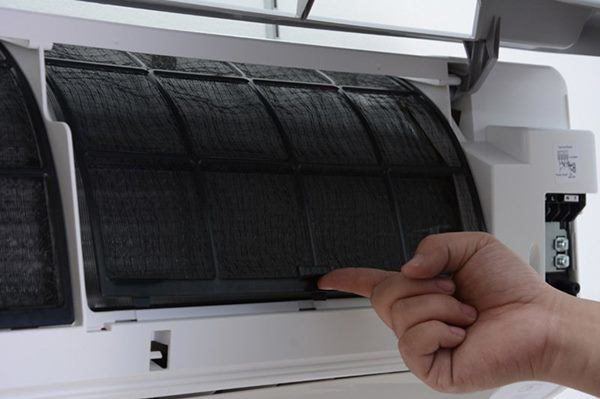
Discard old dish sponges
Studies have shown that dish sponges harbor the highest levels of harmful bacteria in households. You can microwave them to kill bacteria, but it’s best to discard these items after a period of use.
Avoid using plastic cutting boards
Chopping and cutting food leave marks on a cutting board’s surface. Once bacteria enter these small grooves and begin to grow, they form bacterial colonies on your cutting board. Experts advise families to switch to natural plastic-containing wooden cutting boards that have antibacterial properties to ensure optimal health protection.
According to Thoidaiplus
8 Common Mistakes People Make with Cutting Boards
Are you using your cutting board correctly? Many Vietnamese households rely on cutting boards in their kitchen, but not everyone knows how to use them properly, especially when it comes to wooden cutting boards. Check out these 8 mistakes to avoid when using a cutting board to ensure both hygiene and safety for everyone in your family.
























